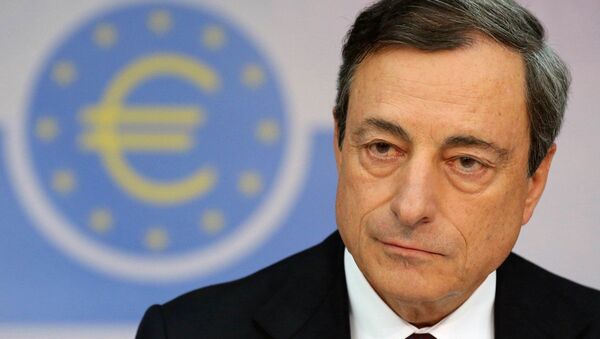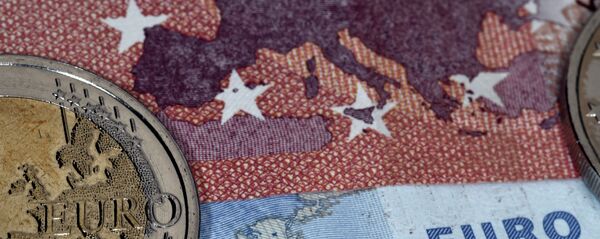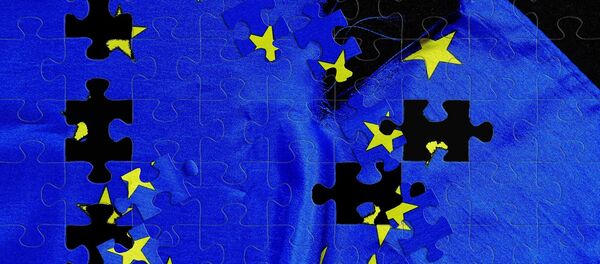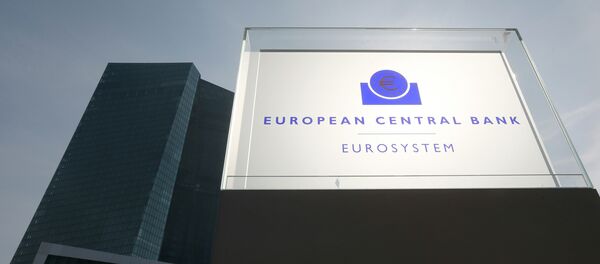Kristian Rouz – The European Central Bank’s (ECB) President Mario Draghi discussed his ultra-accommodative monetary policies in a speech in Berlin on Tuesday.
He relayed that although the regulator is aware of the risks and downsides of low rates, the 2pc inflation target must be met in order to ensure sustainable economic expansion. The damage to households caused by the low rates has been negligible, Draghi argued, and the ECB is adamant about pursuing its current policies in the foreseeable future.
Draghi, however, said the negative effects of NIPR are hardly as dramatic.
"We would certainly prefer not to have to keep interest rates at such low levels for an excessively long time, since the unwelcome side-effects may accumulate over time," Draghi said. “We remain committed to preserving the very substantial degree of monetary (easing) which is necessary,” he added.
Another reason the ECB might start scaling back its stimulus efforts is that the amount of assets eligible for being bought out is being exhausted in Germany, while in other parts of the Eurozone, the ECB has almost bought everything it could under the program. While the issue of liquidation of these assets is coming to the forefront, opportunities for further purchases are restricted.
Therefore, the ECB might cut rates deeper into negative territory. Draghi’s commentary largely supported the view.
“The household sector, often thought to have lost out the most in Germany due to its large net saver position, has in fact only recorded a mild loss in net interest income,” he said.
Besides, the weaker euro – thanks to the loose monetary conditions – has helped European exports, keeping jobs in place, Draghi added.
"Certainly, some savers might suffer from a temporary period of low interest rates, especially if they rely on interest income and cannot smooth their consumption through credit," he said. "But whatever financial assets savers hold, in the final analysis their return always depends on the growth rate of the economy."
The ECB might cut its deposit rates by another 0.4pc, thus lowering the rate to —0.5pc, slashing the profitability of commercial bank operations, and charging a de-facto tax on savings accounts.
Draghi advised that NIRP isn't the "new normal," adding that "we will get out of these measures when price stability has been reached in a sustainable way without the extraordinary monetary support of today."
Meanwhile, German Finance Minister Wolfgang Schaeuble aligned himself with the German savers, responding the Draghi’s claim that Germany could “do more” for the Eurozone to enhance demand, investment and productivity, supporting the ECB’s measures rather than fighting them.
“Monetary policy has been pushed to the edge of its powers,” he said, adding that international money liquidity and indebtedness have surpassed the acceptable level.





